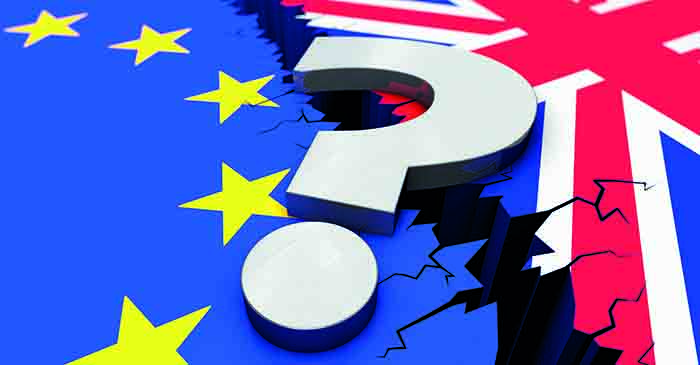How prepared is the animal medicine sector for Brexit? Simon King spoke to the Veterinary Medicines Directorate (VMD) and the National Office for Animal Health (NOAH)
The veterinary medicines industry is ‘as prepared as it can be’, as the uncertainty over our post-Brexit future inevitably raises questions about potential shortages of key animal health products.
After all, the majority of veterinary medicines used in the UK (and ingredients and components to make them) are either produced in or enter via the EU.
At the end of February, the Veterinary Medicines Directorate (VMD), part of Defra, and the National Office of Animal Health (NOAH), which represents veterinary medicine companies, issued new guidance outlining the steps taken to maintain supplies in the event of a no deal, including stockpiling medicines.
“The Government is working with animal health companies who have been carrying out extensive contingency planning for all EU exit scenarios, including no deal,” the statement said. “These plans cover all aspects of their supply chains, from regulatory compliance and stocking levels to logistics and customs.
“They also include, as appropriate, increasing stocks of products in the UK, changing supply routes, transferring marketing authorisations and other regulatory processes.
“To reduce any risk to medicines availability in the UK, detailed planning is ongoing to ensure that supply chain measures are appropriate to address the sector’s complex needs and priorities.
“Much work has been done by companies with the objective of ensuring fair and appropriate distribution of this inventory to avoid disruption.”
The statement stressed that supply is expected to cope with a normal ordering pattern ‘with adequate forward planning and communication with suppliers’.
PREPARATIONS
Paul Green, VMD’s director of operations, told Pig World his organisation has been preparing since the 2016 referendum.
“There were some key scenarios, but the one getting the most focus is no deal. We are as prepared as we can
be, but there are things that sometimes trip you up,” he said.
The first of two no deal Statutory Instruments has been making its journey through Parliament. “This is one of our two pieces of exit legislation that is preparing for a no deal, making the necessary changes to the legal framework to make the existing framework operable once the UK is out of Europe,” Mr Green said.
The VMD has also published an EU Exit Information Hub for the animal health sector and other stakeholders setting out what the veterinary pharmaceutical industry will need to do differently if the UK leaves without a deal.
NOAH chief executive Dawn Howard said the organisation’s series of ‘Brexit Barometers’ spelled out how damaging the uncertainty was for the sector. But the barometers highlighted optimism, too.
“It was encouraging that the draft Agriculture Bill included good health as integral to welfare, and stated that improving productivity is also a cornerstone – this approach is really only viable with a financially viable UK agriculture industry,” Ms Howard said.




